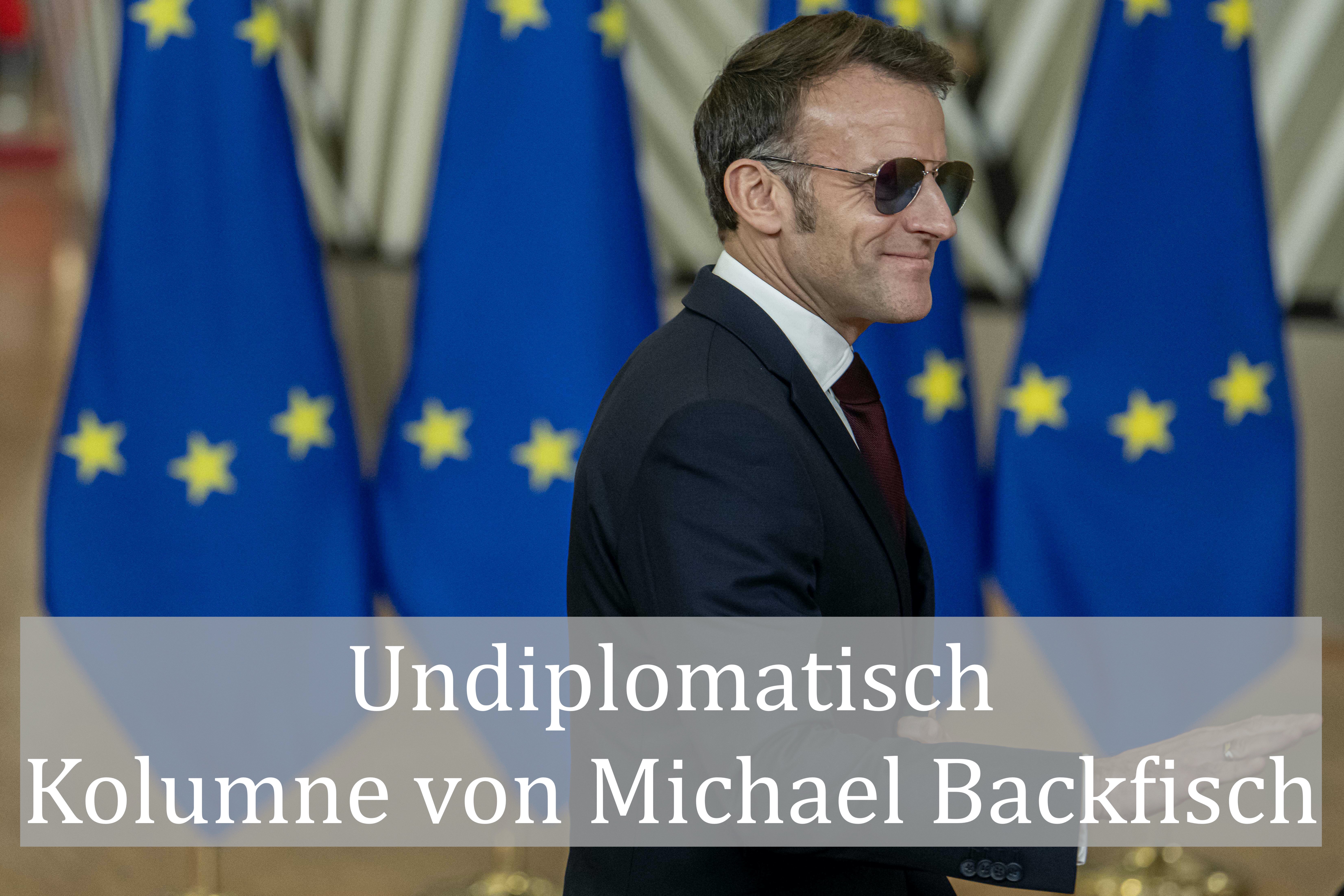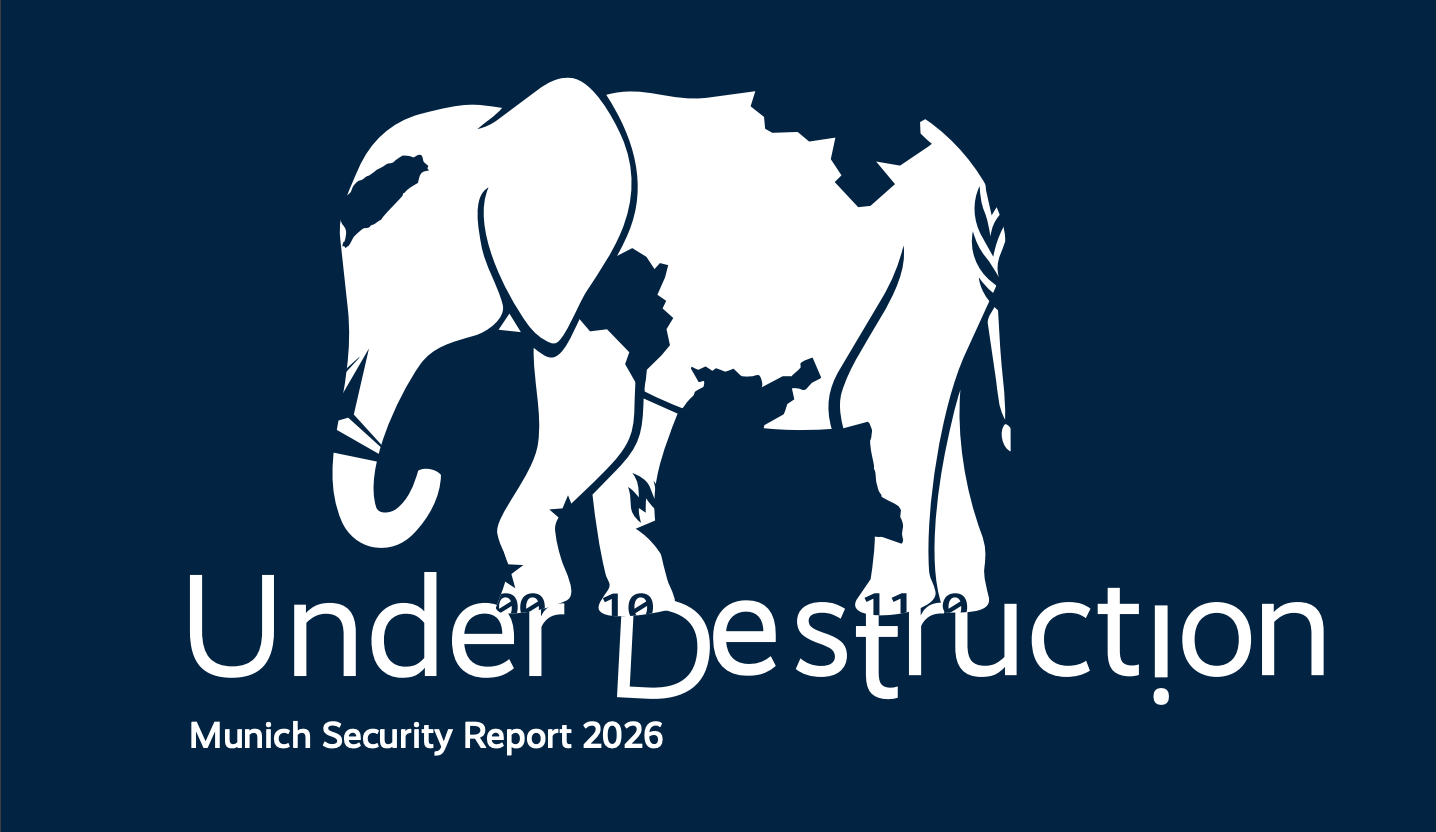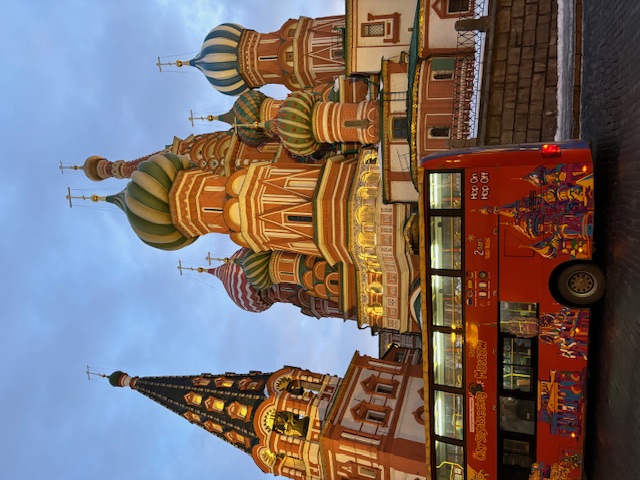diplo.news
“Freedom is not a privilege, but a right”
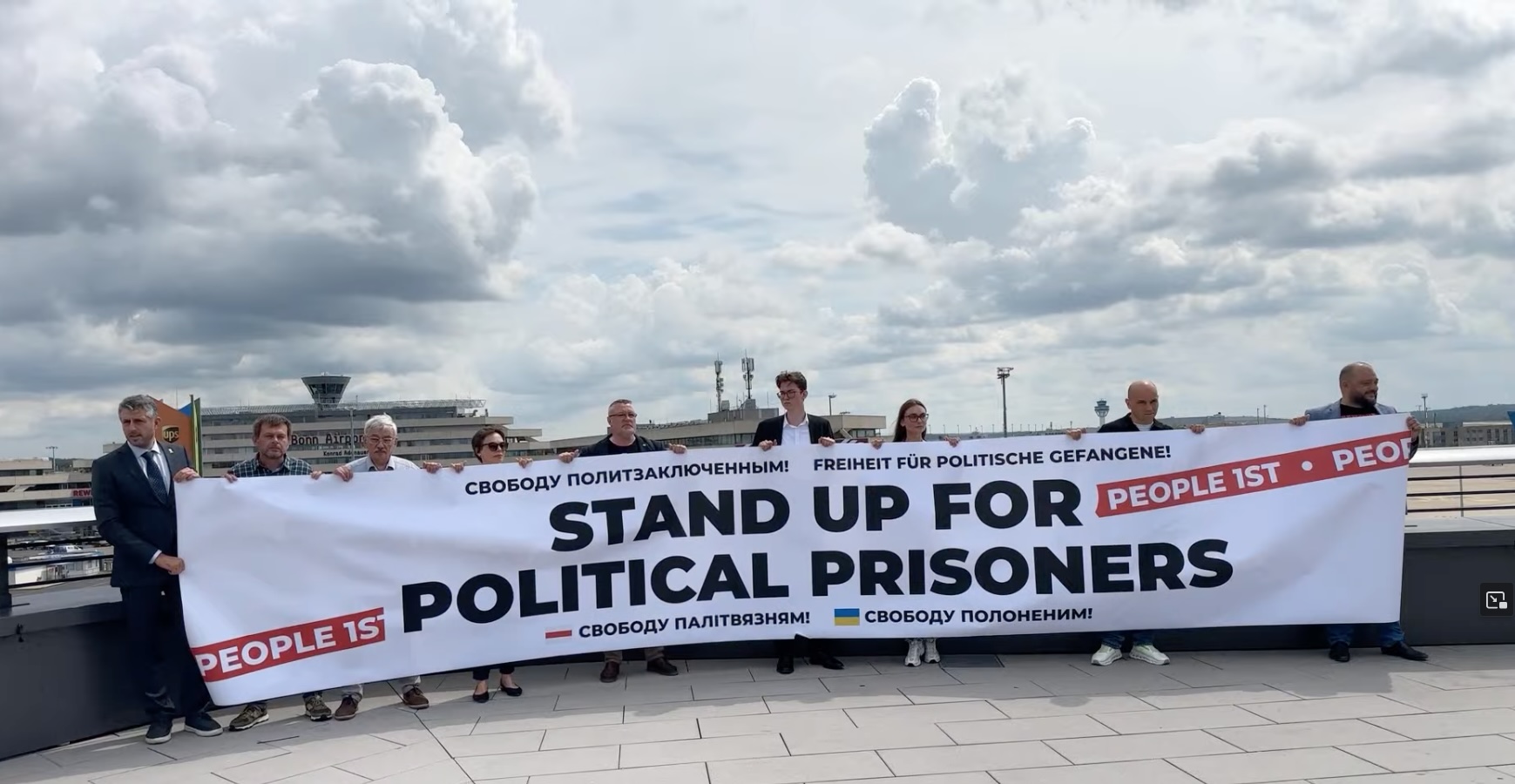
Russian human rights activist Oleg Orlov, together with former political prisoners, has called on Western governments to make the release of political prisoners a top priority in any diplomatic engagement with Russia and Belarus. The repression against their own population is the basis for the war against Ukraine, which Vladimir Putin started with the support of Alexander Lukashenko, Orlov said at a press conference at Cologne/Bonn airport on Friday. Exactly one year ago, he and twelve other human rights activists and opposition politicians were received there by then Chancellor Olaf Scholz (SPD) following a prisoner exchange.
Three other released prisoners, including Wall Street Journal reporter Evan Gershkovich, traveled to the USA. Russia was handed over eight of its own nationals, including the so-called Tiergarten murderer Vadim Krassikov, who worked for the secret service and murdered a Chechen in Berlin in 2019. Former US President Joe Biden praised the months of discreet negotiations between several countries as a “masterpiece of diplomacy”.
According to former Navalny collaborator Vadim Ostanin, who was also exchanged a year ago, the repression in Russia and Belarus also affects many elderly, sick and disabled people. They are being broken, tortured, intimidated and denied medication. “Don't talk to dictators without asking about the prisoners,” Ostanin addressed the international community. "Freedom is not a privilege, it is a right. And silence kills."
The young Ukrainian Liusiena Zinovkina also recalled the many - estimated 16,000 - Ukrainian civilians who are still in Russian captivity, including her own husband Kostiantyn. Security forces arrested him in Melitopol in May 2023, allegedly because he had violated the curfew. The city in southern Ukraine has since been occupied by Russia and Kostiantyn Zinovkin has been accused of terrorism. He is now standing before a military court in Rostov-on-Don, the Ukrainian woman reported with tears in her eyes. “More than 16,000 people need your help!” she pleaded. In fact, the internationally mediated prisoner exchanges between Ukraine and Russia usually only involve prisoners of war, not civilians.
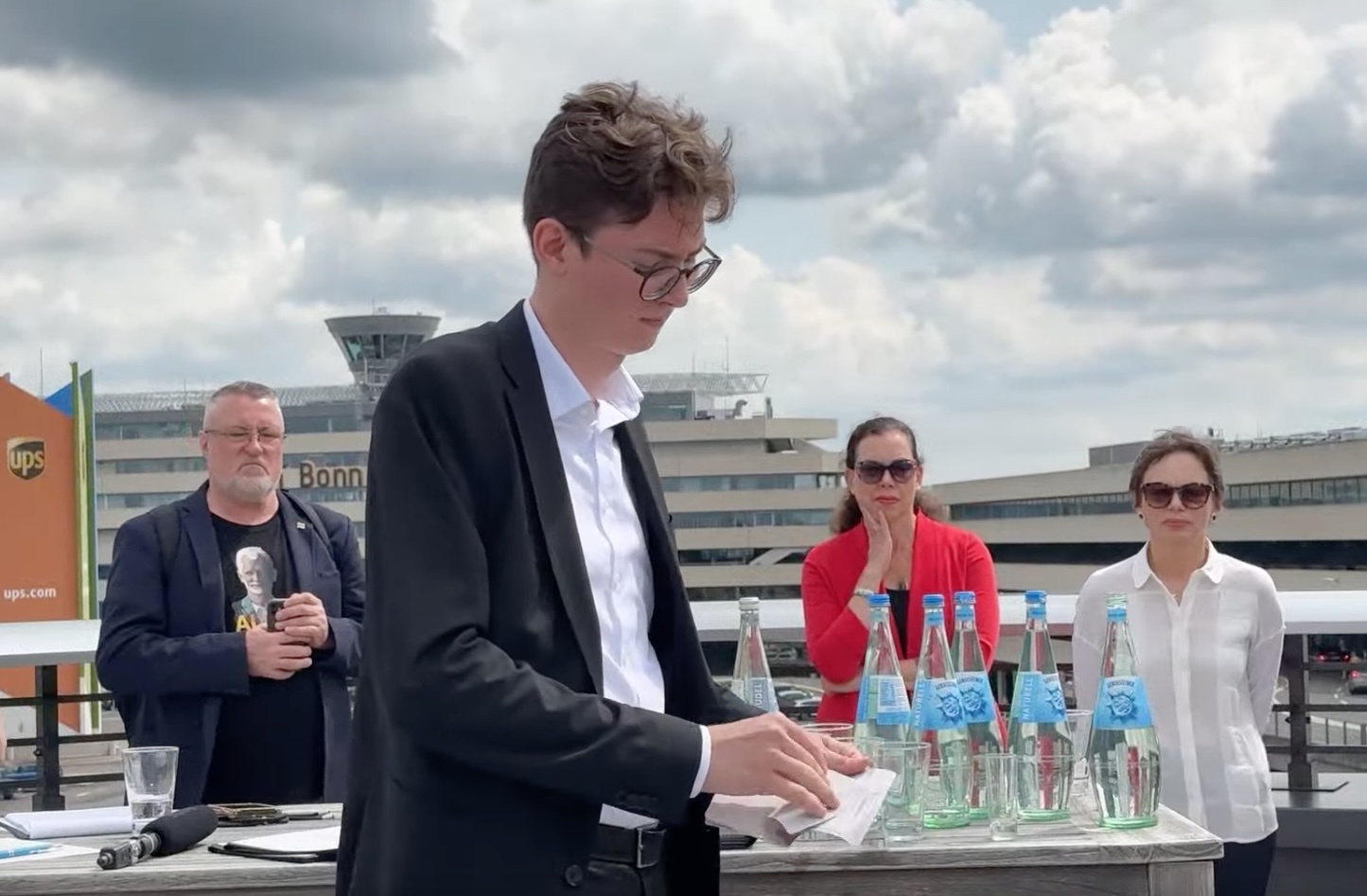
There is no distinction between Russian and Belarusian political prisoners and other victims of war and aggression, such as Ukrainian prisoners of war and illegally detained civilians, according to a joint statement by Memorial co-founder Orlov and other opposition figures who signed the document on Friday. A year ago in Cologne, everyone would have hoped that their own release would be followed by others. Instead, isolated exchanges are now taking place spontaneously, and the decisive process initiated by multilateral diplomatic efforts has not been sustained.
“We appeal to world leaders who continue to uphold human rights values: Don't stop fighting for the freedom of political prisoners held by dictatorial regimes; intensify your efforts and maintain unity in this struggle,” the appeal continues. The freedom of all wrongly detainees was not a concession, but a basic requirement for normalizing relations and a lasting, just peace. gd

